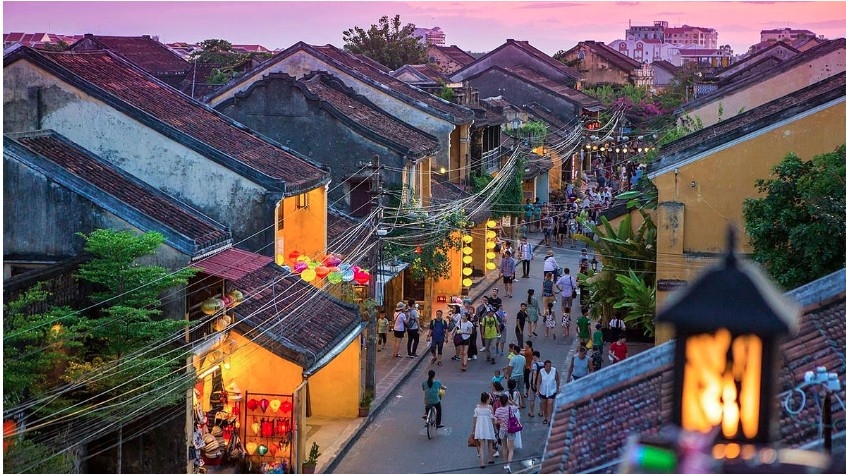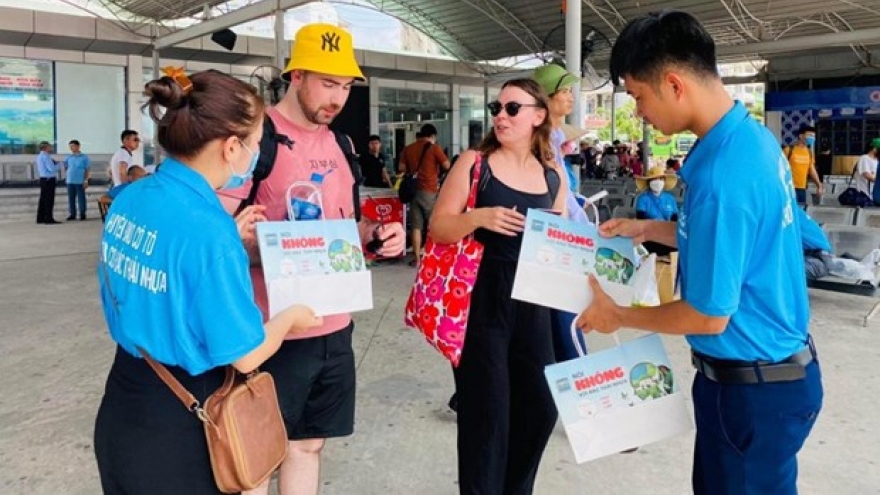Vietnamese travelers prioritse plastic-free travel
VOV.VN - As sustainable tourism gains global attention, many Vietnamese travelers are actively changing their habits, by saying No to plastic waste, to help protect the environment.

According to Booking.com’s 2025 Travel and Sustainability Report, 41% of Vietnamese tourists consider reducing plastic waste the most important action linked to sustainable travel. Meanwhile, 62% of survey respondents say this is a key factor when choosing their travel destinations.
In support of Plastic Free July, Booking.com spotlights a shift in travellers’ priorities, with a growing focus on waste-reducing travel habits, moving beyond simple energy conservation efforts.
According to the survey, this year one of the top behaviours that Vietnamese travellers hope to incorporate in their future trips is reducing general waste - recycling, and avoiding single-use items (58%).
“This represents a shift from 2024, when energy consumption was the leading aspiration (56%). 62% of Vietnamese agree that traveling more sustainability is very important to them, and it is among the primary considerations that they make before traveling, while 90% express a desire to travel more sustainably in the next 12 months,” says the travel website.
Booking.com also reveals that 46% of Vietnamese tourists view tourism-generated waste and pollution as a major challenge for local areas. Meanwhile, 56% hope for better waste management to promote sustainable tourism.
This heightened awareness extends to broader impacts, with 69% now more conscious of travel's impact on communities as well as the environment, and 83% aiming to leave a positive mark on destinations they visit. This commitment also impacts booking decisions, as 26% of Vietnamese travelers factor in an accommodation's sustainability credentials into their leisure trip choices.
Located in the central region, UNESCO World Heritage site Hoi An is highlighted in the report as a leading destination for plastic-free tourism. Particularly, the Cu Lao Cham archipelago, a UNESCO Biosphere Reserve, has banned plastic bags since. Local businesses have adopted sustainable solutions, such as using reusable products and natural, traditional materials, offering visitors authentic, meaningful, and environmentally friendly experiences.



